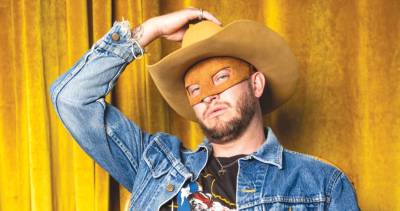Indigenous author Bev Sellars hopes to spur more aboriginal people to write
Although Bev Sellars has written two books, she’s reluctant to think of herself as an author. According to her, she did it only because she wants to spur more aboriginal persons to write about their experiences and the stories of their people.
“I don’t really consider myself a writer, but it has to be done,” Sellars told the Georgia Straight in a phone interview.
In her first work, They Called Me Number One: Secrets and Survival at an Indian Residential School, she shares her story as a survivor of one of the religious schools sponsored by the government to assimilate indigenous children.
In Price Paid: The Fight for First Nations Survival, Sellars tells the history of indigenous peoples in Canada and the Americas from their point of view.
“Hopefully, other indigenous people…pick up the pen and do their own writing as well,” said the former two-time chief of the Xat’sull First Nation (Soda Creek Indian Band) in Williams Lake, B.C., whose two works were published by Vancouver-based Talonbooks.
Released in 2016, Price Paid talks about the largely unrecognized contributions of aboriginal people to the world, from food to medicine, language, and democracy. It also deals with the horrific conditions they were subjected to after contact with European settlers, from deaths caused by diseases brought by settlers to starvation and the near total erasure of their language and culture.
In the book, Sellars recalls that it was only after she entered law school that she read the Indian Act, a law adopted in 1876 that continues to govern matters relating to indigenous people.
“I don’t think anybody has the right to tell the original people of this land how to live their lives, and who can be native and who can’t be. That’s not right,” she said in the interview. “Our lives, basically from the time we were born till after we died, is dictated to us by the department of Indian affairs, and that is absolutely wrong.”
According to Sellars, it’s time to repeal the Indian Act and to complete the negotiation of treaties in the spirit of the Royal Proclamation of 1763 by King George III, which recognized aboriginal title.
“Legally, if they recognize their own law, we still own the land, so there needs to be a treaty with the newcomers to settle it,” she said.
Canada is marking its 150th year of confederation in 2017, and for Sellars, celebrations can only be truly meaningful with a full acknowledgment of the history of indigenous people.
“We weren’t sitting here on the shores waiting to be saved,” Sellars said. “We have thriving communities and because of the diseases and the clashes of culture, all of that…went away, so we need to get back to recognizing that.”















Comments